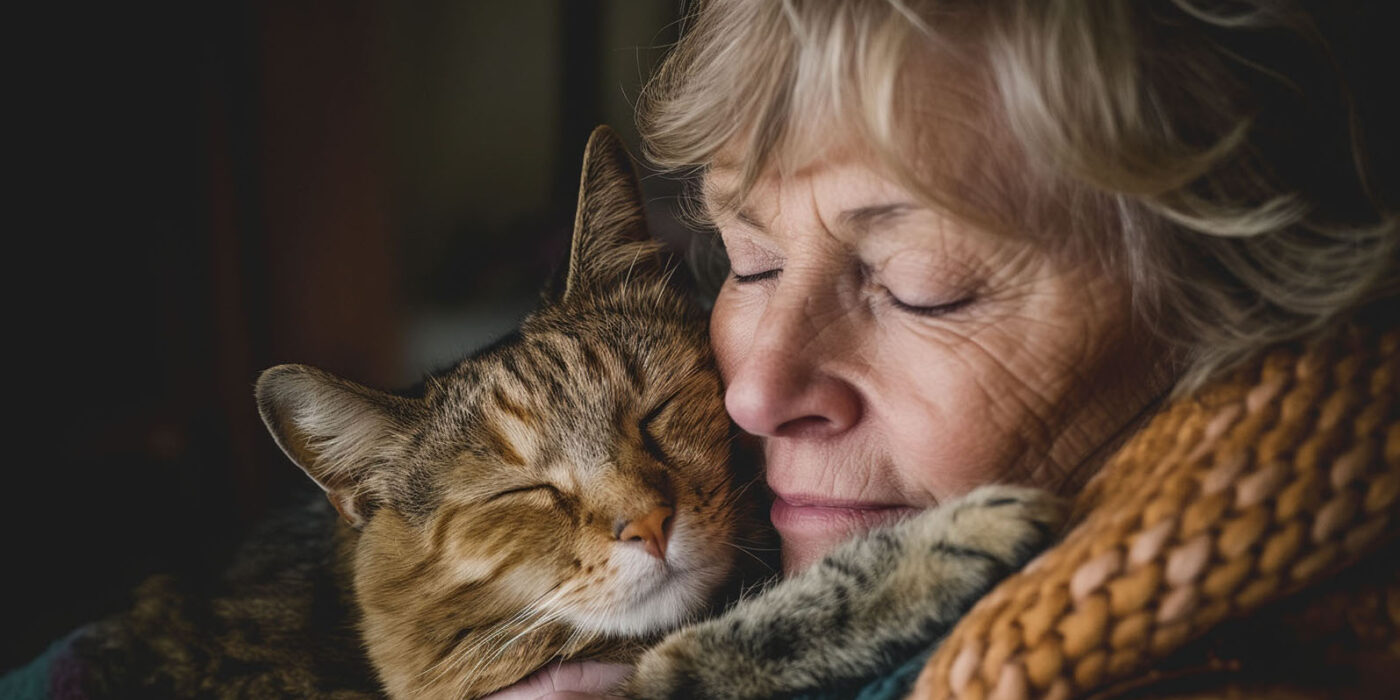Embrace a Stress-Free Lifestyle for a Happier, Healthier You
In the bustling rhythm of modern life, stress often finds a way to tag along, but imagine a life where stress takes a back seat, allowing you to thrive.
Cultivating a stress-free lifestyle isn’t just an excellent idea—it’s essential for boosting your overall health and happiness.
Every cell in your body will thank you for it.
Let’s dive into why reducing stress is crucial.
Stress is your body’s natural reaction to challenges, but when it lingers too long, it can lead to serious health issues like heart disease and depression.
Recognizing the need to manage stress is your first step toward a healthier life.
Now, how can you transform this knowledge into action?
Start with something as simple as mindful meditation. It’s incredible how sitting quietly and focusing on your breath can bring profound calmness and clarity to your mind, easing the day’s stress. Pair this with some form of physical activity you love, whether dancing in your living room, jogging in the park, or striking poses on a yoga mat. Exercise keeps you fit and releases endorphins, those excellent chemicals that make you feel good.
What about food?
Eating well plays a crucial role in how you feel. Including plenty of fruits, vegetables, lean proteins, and whole grains in your diet can stabilize your mood and energy, which helps keep stress at bay. And let’s not forget the power of a good night’s sleep. Strive for 7-9 hours of restful sleep each night to help your body recover and reduce stress levels.
Socializing is another joyful way to beat stress.
Spending time with friends and family and sharing laughs and support can strengthen your resilience to life’s pressures. It’s all about building a network of love and support around you.
Efficient time management can also reduce stress.
By learning to prioritize your tasks and saying no when your plate is too full, you’ll feel more in control and less overwhelmed. For those moments when you need instant stress relief, try some quick relaxation techniques like deep breathing or visualization to calm your mind and ease tension.
Integrating these practices into daily life will significantly improve physical health, mental well-being, and productivity. Effectively managing stress opens the door to a more fulfilling and creative life.
So, while stress might be a standard part of life, it doesn’t have to control your life.
Start with small, manageable changes today, and you’ll be amazed at how much better you feel.
Here’s to a happier, healthier you.













